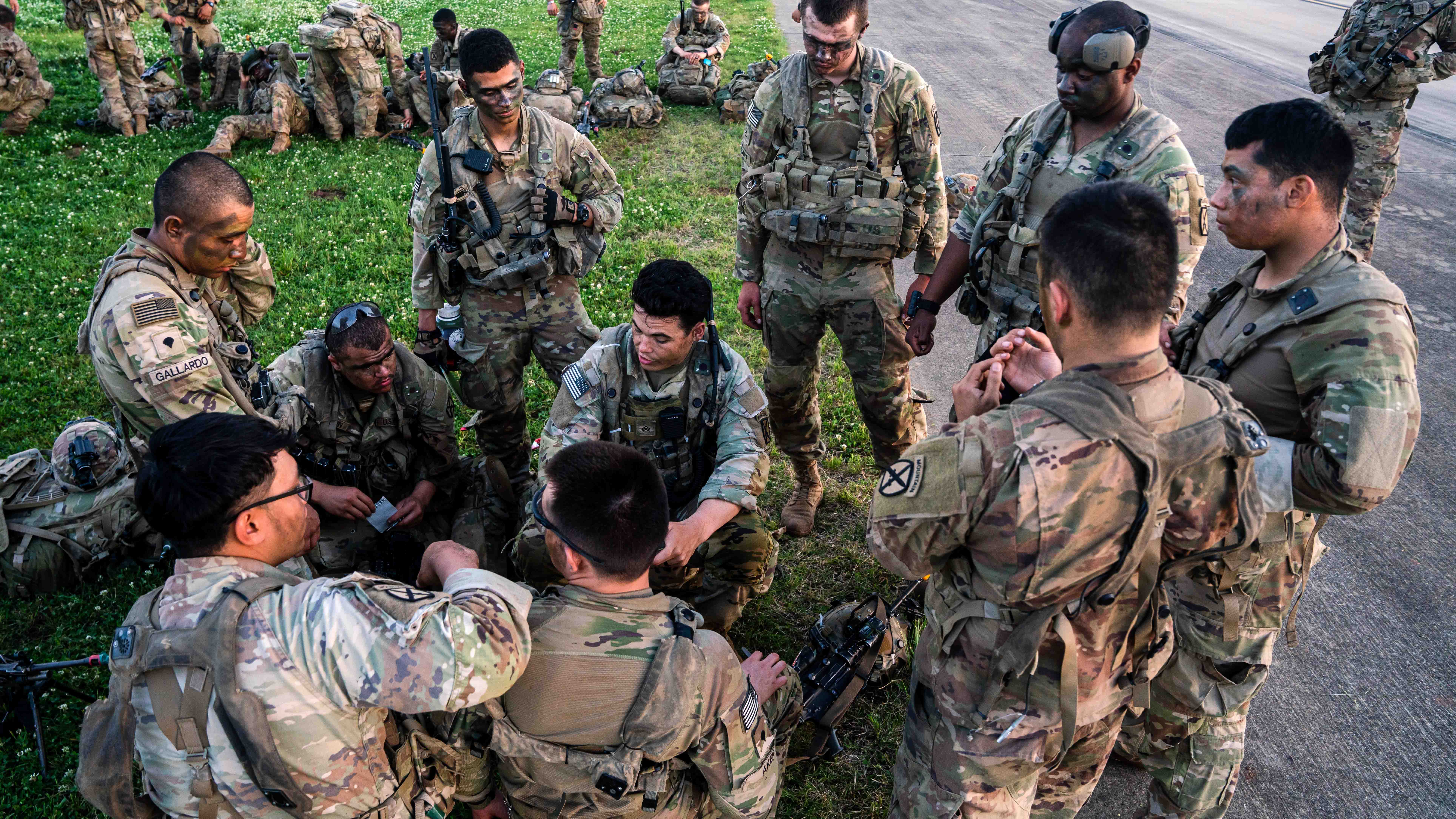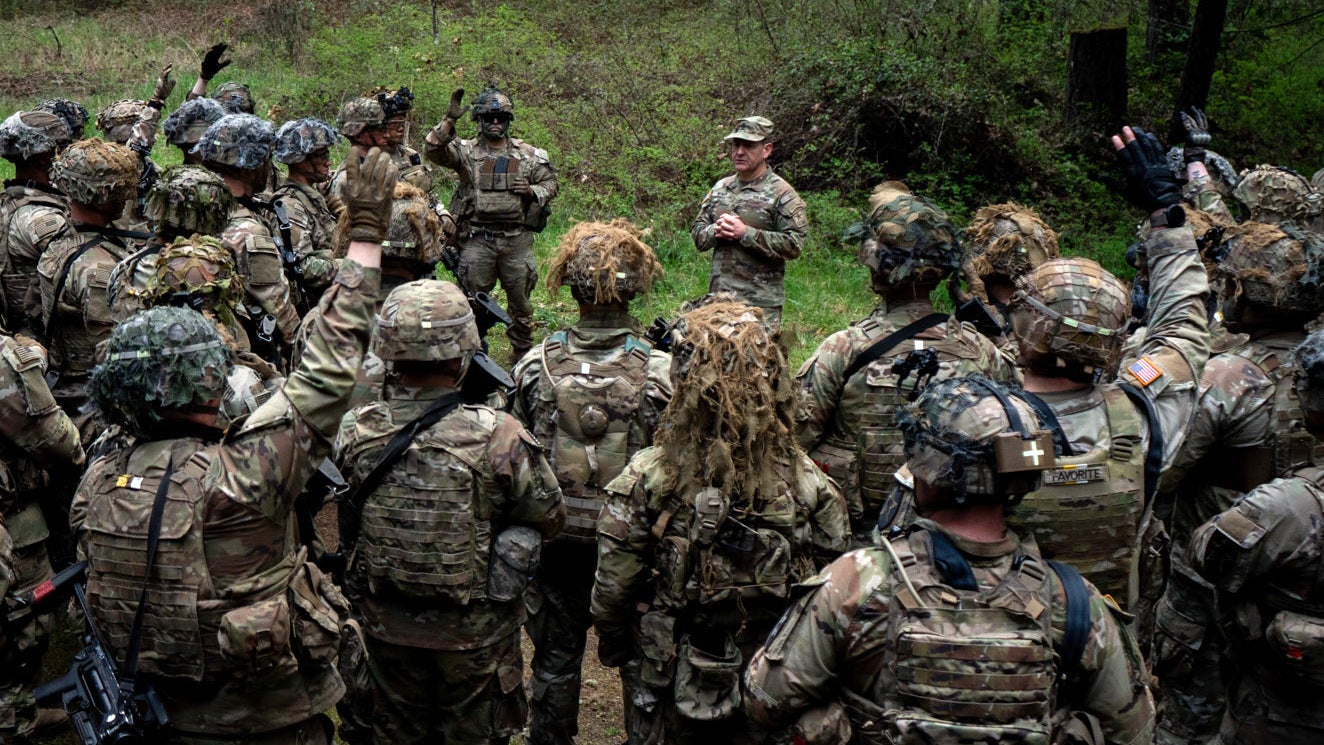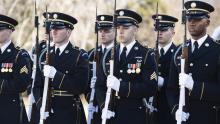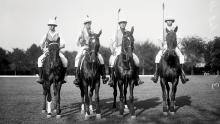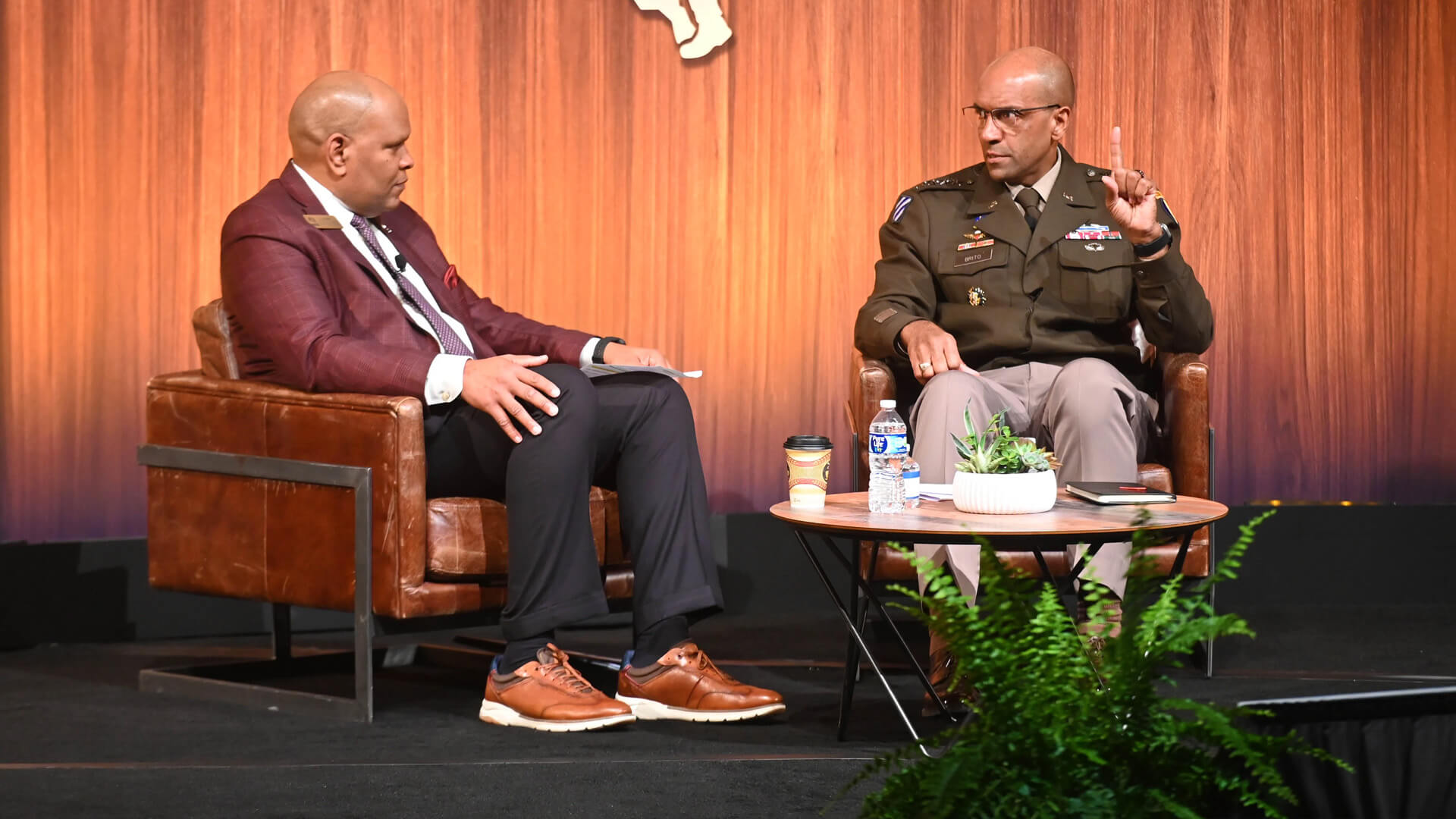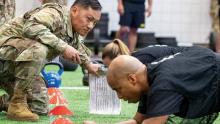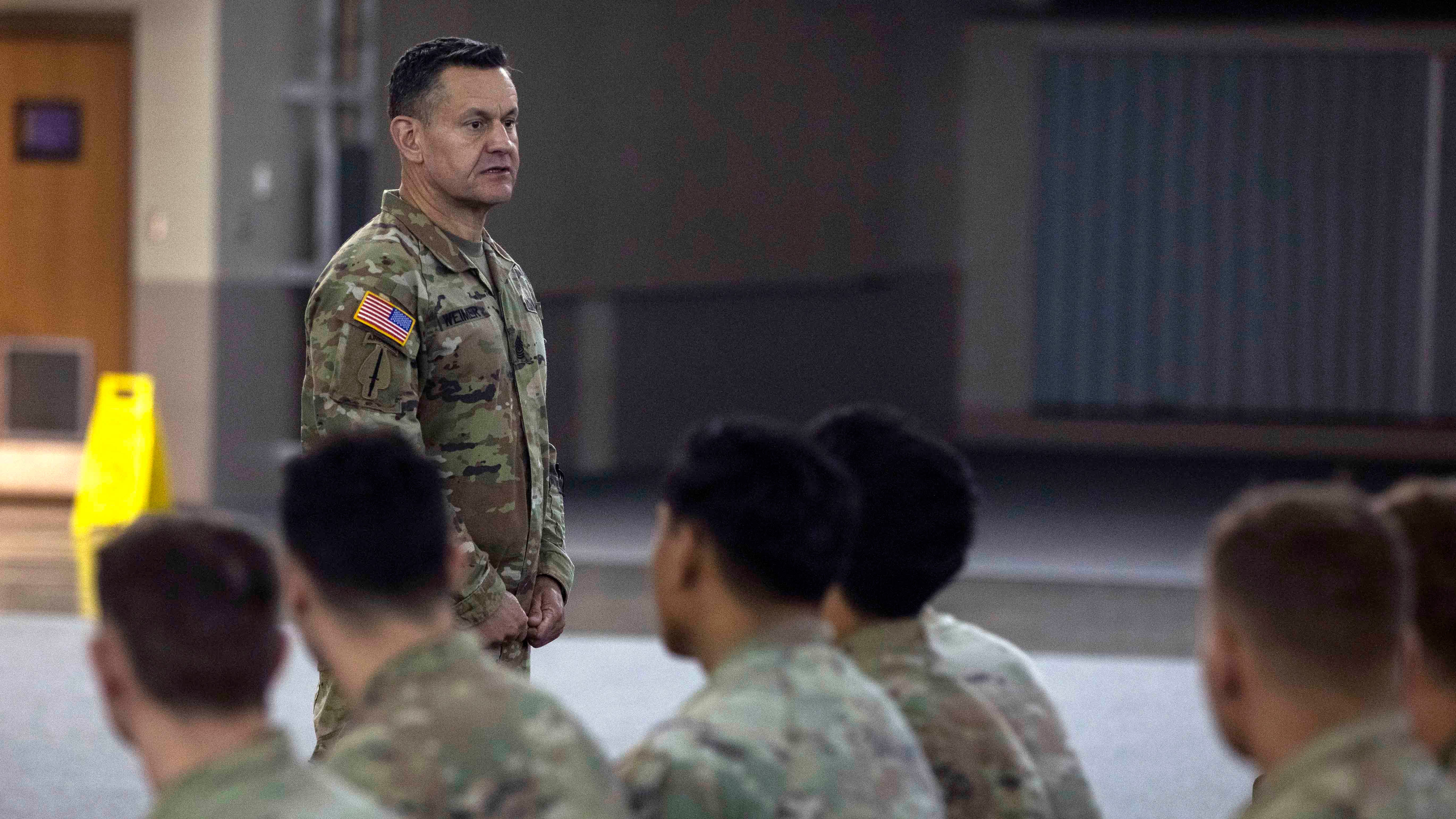Petraeus: Conflict Requires Strong Strategic Leadership

In his new book, retired Gen. David Petraeus explores the evolution of selected conflicts between World War II and the ongoing fights in Ukraine and Gaza and lays out the importance of military strategic leadership.
During a webinar hosted May 9 by the Association of the U.S. Army as part of its Noon Report series, Petraeus points out that conflict begins with political strategic leadership that must be executed with strong military strategic leadership, beginning with four tasks.


